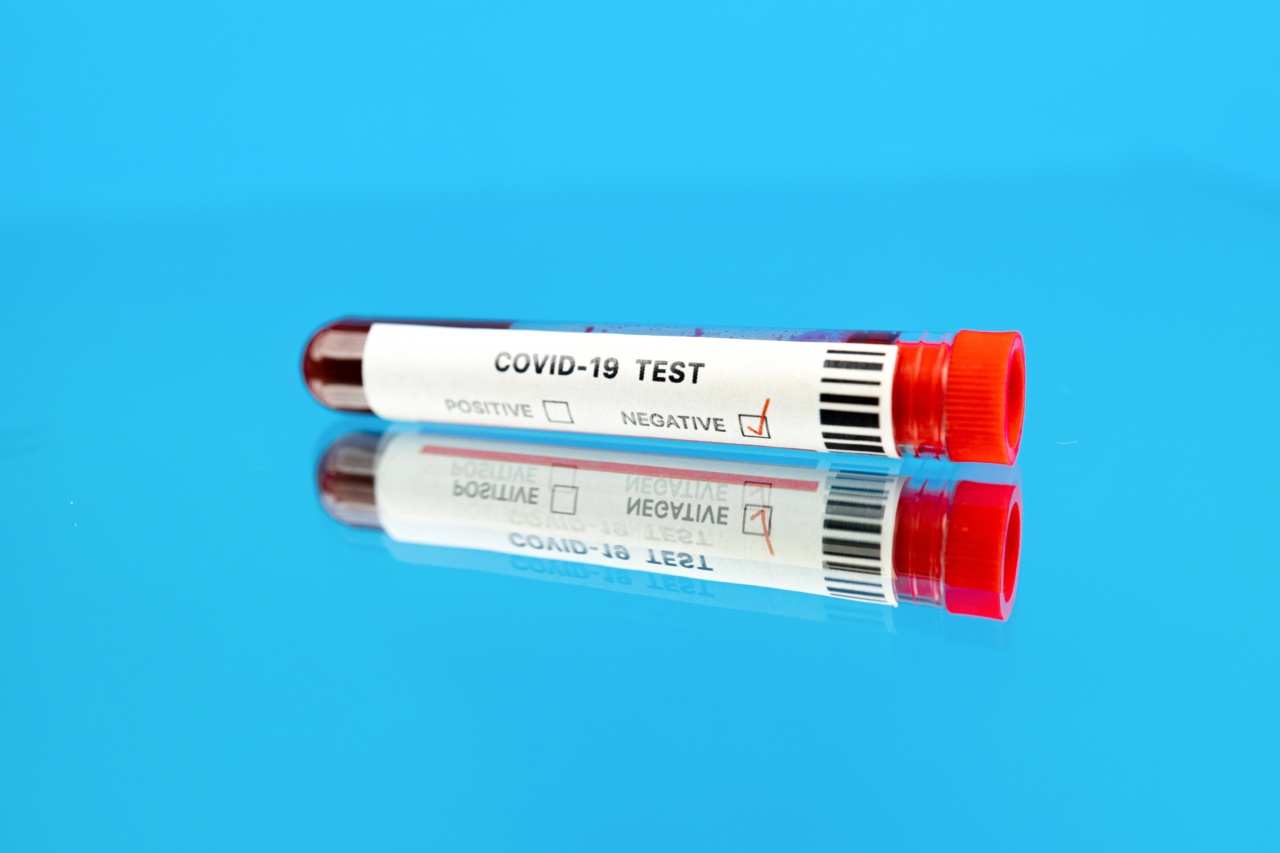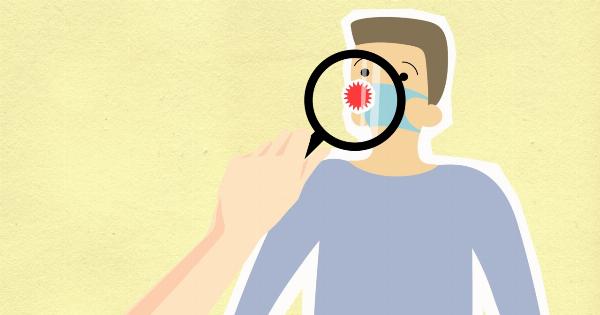Following the confirmation of the first case of Middle East Respiratory Syndrome (MERS) in the United States last week, health officials were closely monitoring a second patient who had come into contact with the infected individual.
However, after several days of observation and testing, good news has emerged as the second patient has tested negative for the disease.
Background
MERS is a viral respiratory illness caused by a coronavirus (MERS-CoV). It was first reported in Saudi Arabia in 2012 and has since spread to several countries, primarily in the Middle East.
The first case in the United States was identified on May 2, 2014, in a healthcare worker who had returned from Saudi Arabia. The individual was admitted to a hospital in Indiana and has since been reported to be in stable condition.
Following the confirmation of the first case, health officials identified a second individual who had close contact with the patient.
The individual, also a healthcare worker, had traveled on two flights from Saudi Arabia to the United States alongside the original patient. As a precautionary measure, the individual was placed in isolation and was tested for the disease.
Testing
The second patient was tested for MERS using a combination of techniques, including real-time reverse transcriptase PCR (rRT-PCR) and serology testing.
The rRT-PCR test detects the presence of the virus’s genetic material, while serology testing looks for the presence of antibodies that indicate past exposure to the virus.
After several days of testing, the results have come back negative, indicating that the individual does not have an active MERS infection.
Officials note that while the risk of transmission of MERS is low, they will continue to monitor both patients and take necessary precautions to prevent the spread of the disease.
Prevention
While there is currently no vaccine or specific treatment for MERS, there are several measures that individuals can take to prevent the spread of the disease. These include:.
- Washing hands frequently with soap and water for at least 20 seconds
- Avoiding close contact with sick individuals
- Covering your nose and mouth when coughing or sneezing with a tissue or your elbow
- Avoiding touching your eyes, nose, and mouth with unwashed hands
- Cleaning and disinfecting frequently touched objects and surfaces
Individuals who have been in close contact with someone who has been diagnosed with MERS should contact a healthcare provider immediately if they develop a fever or symptoms of respiratory illness, such as cough or shortness of breath.
Conclusion
The negative test result for the second patient who had come into contact with the first case of MERS in the United States is certainly welcome news.
However, officials stress the importance of ongoing monitoring and caution as the virus is still a concern in several countries. Individuals should take necessary precautions to prevent the spread of the disease and seek medical attention if necessary.



























